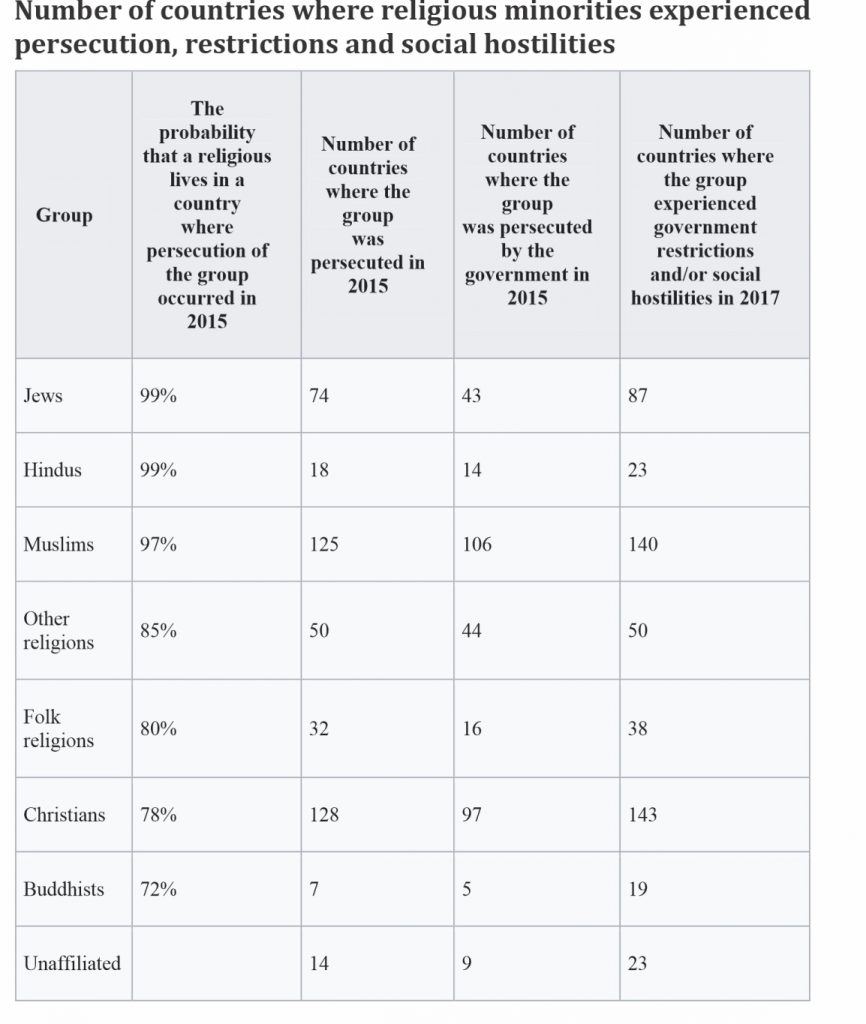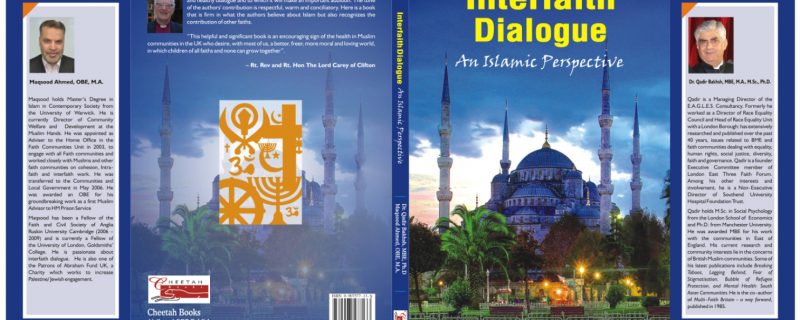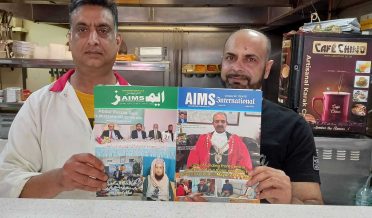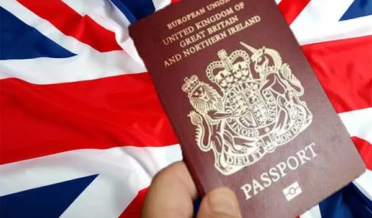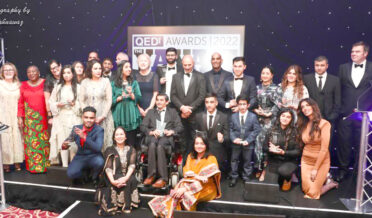our effort and sharing his personal experiences of participation and contributions to interfaith work over the decades both in Britain and globally, Lord Carey felt the need to distinguish between ‘good religion’ and ‘bad religion’, the latter being “used for political and personal ends, at odds with its central tenets.”
He also refers to the destruction left behind after 9/11 and 7/7 and the existence of rampant Islamophobia and anti-Semitism, alongside the “lack of reciprocity in Muslim (and other) countries concerning Christian churches (and Christian communities).”

Sadly since the publication of our first edition, there has been significant evidence to suggest that both the inter-faith and intra-faith conflict and polarisation has been on the increase. There does not seem to be any let-up by both the provocateurs and the reactionaries, muzzling the positive messages of constructive engagement. For example, the most recent undiplomatic and insensitive exchange of harsh words between the French President Macron and Turkey’s President Erdogan escalated to the ban of French goods in the Muslim world and the withdrawal of their ambassadors. President Macron had declared that “Islam was in crisis”, whereas Turkey’s President questioned Macron’s mental health and said he ought to be examined,1- hardly conducive to any kind of positivity.
Moreover, state-inspired persecutions of religious minorities the world over is another phenomenon that thwarts amicable living, jeopardizing the inculcation of mutual love, respect and tolerance.
The following statistics from Pew Research Center show that Jews, Hindus and Muslims are “most likely to live in countries where their groups experience harassment.”2 According to a 2019 report, government restrictions and social hostilities toward religion have risen in 187 countries.3 (see Table)
While committed individuals and dedicated faith and interfaith groups are and will persevere with working towards achieving their noble objectives of promoting mutual respect, tolerance, understanding, acceptance and accommodation, as well as equality and social justice, there is no room for complacency.
To continue progressing and succeeding we need to, from time to time, be bold and courageous to advocate removing the barriers of discrimination, hatred, exploitation, exclusion and persecution, enthused by our respective faiths and beliefs.
